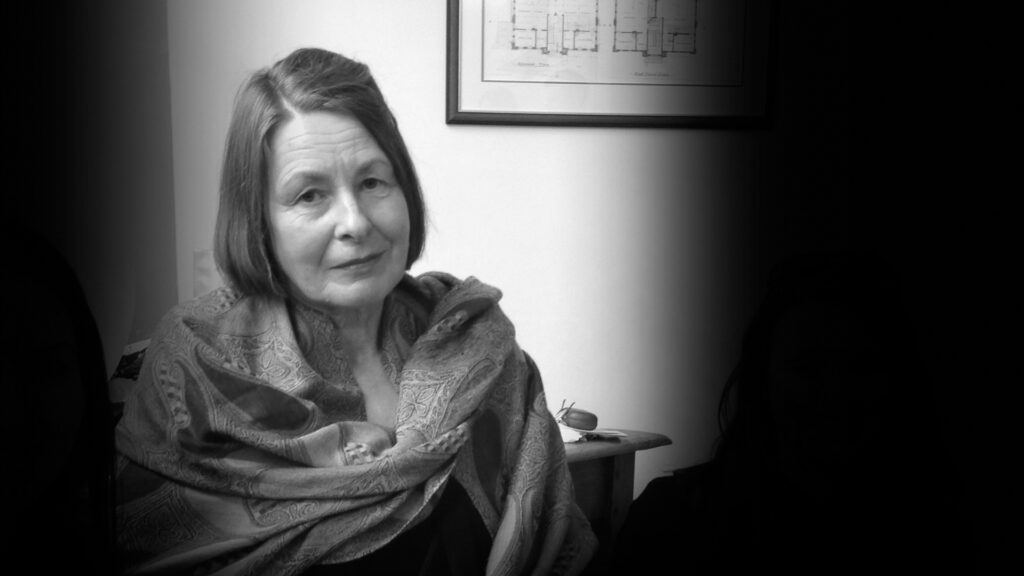Reprisals against whistleblowers a threat to press freedom
On World Press Freedom day the Human Rights Law Centre called on the Australian Government to fully protect whilstleblowers who act in the public interest and expose misconduct, corruption, human rights abuses and other wrongdoing in government.
Emily Howie, a Legal Director with the Human Rights Law Centre said laws that target whistleblowers who give information to journalists were undermining our democracy.
“Whistleblowers are often the confidential sources that journalists use in their important democratic work shining a light on wrongdoing behind closed doors and are a vital element of a properly functioning free press. However in the era of overwhelming government secrecy and mass surveillance, whistleblowers are paying higher prices than ever – including the threat of jail time – for speaking out,” said Ms Howie.
In recent years, new metadata retention laws provided law enforcement agencies with the ability to track the confidential sources of journalists. In 2016 police unlawfully accessed a journalist’s metadata to find the confidential sources of asylum seeker stories.
“There are insufficient safeguards to prevent law enforcement agencies from using these powers to expose journalists’ sources and the concern is that this kind of surveillance does have a chilling effect on people coming forward. Governments may be uncomfortable about journalists exposing wrongdoing, but that’s precisely why a free press is absolutely vital to the functioning of a healthy democracy,” said Howie.
In recent years, there has been a worrying trend of investigation and prosecution of public interest whistleblowers. Australian authorities investigated Save the Children whistleblowers for exposing the abuse of children on Nauru. Right now the Commonwealth Director of Public Prosecutions is prosecuting Witness K and his lawyer, Bernard Collaery, for their role in revealing that Australia was spying on Timor Leste for economic gain during oil and gas negotiations. Former ATO employee Richard Boyle is facing 161 years imprisonment for disclosing unethical tax recovery practices that have since been reformed.
“Australia’s crackdown on whistleblowers is a threat to press freedom. There is simply no room in our modern democracy for reprisals against people who expose wrongdoing in the public interest. For a healthy democracy, we want safe and legal avenues for people to speak up when they see something wrong.
“People like Witness K are a cornerstone of the fight against corruption and are key to ensuring that governments, companies, and public services are held accountable. He should be encouraged and rewarded, instead he is being prosecuted.” said Ms Howie.
To mark World Press Freedom Day the Human Rights Law Centre contributed to the Media and Entertainment Arts Alliance’s report. Read The Public’s Right to Know here.
Media contact:
Michelle Bennett, Director of Communications: 0419 100 519
Image supplied: MEAA

Legal challenge filed against Tasmanian Parole Board’s decision to gag free speech
The Human Rights Law Centre has filed legal proceedings on behalf of Tasmanian grandmother, Susan Neill-Fraser, to challenge a restrictive parole condition placed on her by the Tasmanian Parole Board seeking to limit her ability to speak to the media.
Read more
University of Melbourne urged to drop repressive anti-protest and surveillance policies
The University of Melbourne is being urged to abandon policy changes that restrict staff and students’ right to protest and permit the widespread surveillance of people using their wifi network.
Read more
Expanded protections for marginalised groups welcomed in Allan Government’s anti-vilification laws
The Human Rights Law Centre welcomes the additional protections for marginalised groups in anti-vilification laws passed today by the Allan Government. These laws expand protections from vilification to include people from LGBTIQA+ and disability communities, and provide communities with important civil law avenues to address vilification.
Read more


